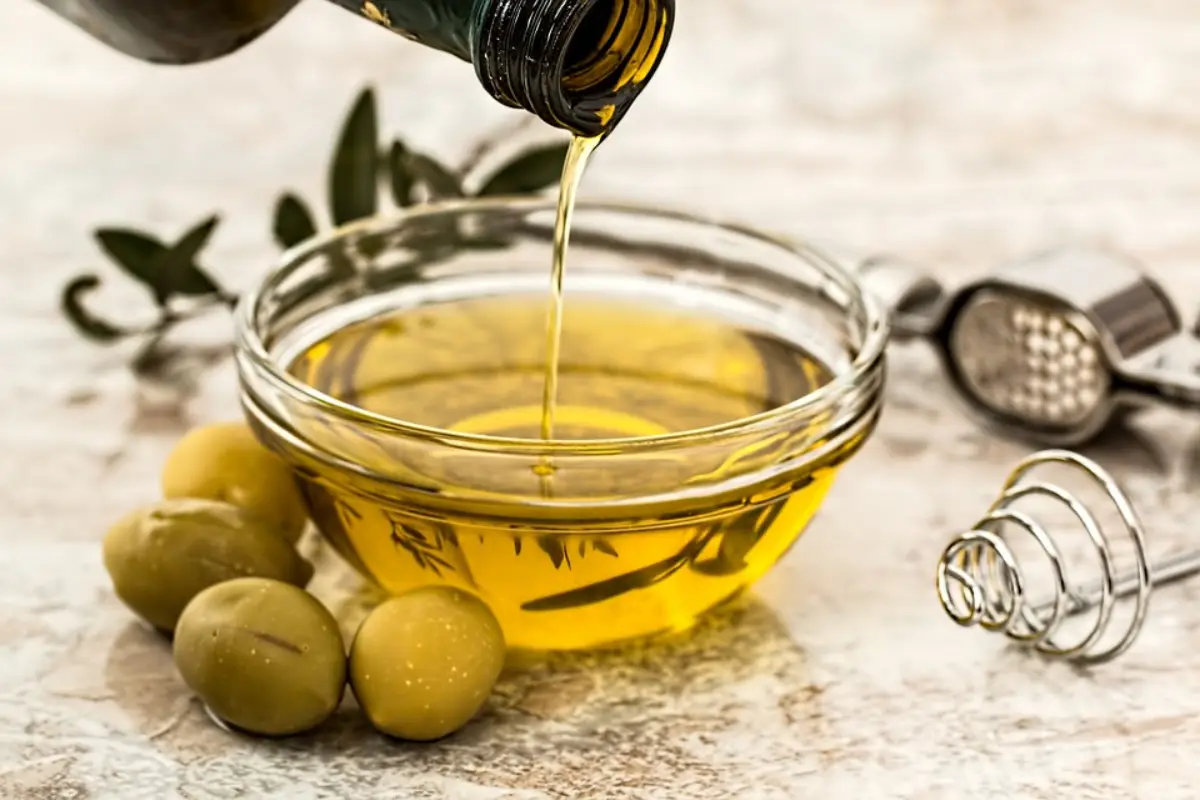
Evo oil: price remains high, with peaks of 10.50 euros/kg
Certified Origins Observatory: Mediterranean producers still penalized by drought and low reserves

For the olive sector, the new year began by maintaining the market trends that characterized the end of 2023: the price of extra virgin olive oil in Italy, in fact, continues to remain high, marking peaks of 10.50 euros/kg per Quality oils suitable for export. This is what was revealed by the Certified Origins Observatory, one of the main producers and distributors of certified extra virgin olive oil (IGP and DOP), single-origin and blended oils, which offers a monthly overview of the main markets. In general, the Mediterranean producing countries are still deeply affected by the prolonged drought situation, especially in Spain, where in the Andalusia area water reserves are currently at 22%, lower than in 2023 when they were at 29%, and well above below the average levels of the last 10 years (51%).
Prices remain generally high due to scarce oil reserves and the incessant demand from export markets, despite a slow contraction in domestic consumption in some Mediterranean countries. Historically the market has maintained a certain gap between the wholesale cost of Italian and Spanish olive oil, with Italian oil positioned higher, mainly due to the greater volumes of production coming from the Iberian countryside, compared to the volumes coming from from the oil mills of the Italian peninsula. Today this gap has been drastically reduced by the market, due to two consecutive harvests in Spain that were well below average: the olive groves have in fact produced up to 50% less fruit.
In February 2024 the price of Iberian extra virgin olive oil is firmly positioned between 9.00-10.00 euros/kg, close to the Italian one. Among other Mediterranean producers, oil of Greek and Portuguese origin also stands at around 9.50-10.00 euros/kg while the "least" expensive remains the Tunisian one with prices between 8.00-9.00 euros/kg. In Italy the market reported some transactions in January around 9.00 euro/kg for conventional Extra Virgin but also with high peaks above 10€/kg. The month of February will be useful to determine whether the trend will reverse and we will begin to notice a drop in price for one of the most appreciated and valued origins on foreign markets; or if instead it is a temporary decline that could be interrupted by the increase in demand from bottlers, and the less than rosy expectations for the 2024-2025 campaign.
To meet the needs of Spanish citizens struggling with the high cost of living, the Iberian government has decided to exempt olive oil from the current 5% VAT. This choice was also made in light of the continuous increase in oil prices by Spanish supermarket chains and the significant drop in purchases despite oil being a key product of Iberian cuisine. News of a slightly higher-than-expected harvest is not enough to calm concerns about the lack of inventory and quality needed to meet domestic and export demand throughout 2024.
No price inflections are expected for Greece, due to poor availability and above all quality. Greek producers and mills are preparing for a year with few transactions, waiting for a more fruitful next campaign.
In Portugal, producers expect a good campaign in terms of volumes and quality but with prices still high due to sustained demand, with peaks at 9.50 euro/kg for conventional oil and 10.50 €/kg for organic.
EFA News - European Food Agency